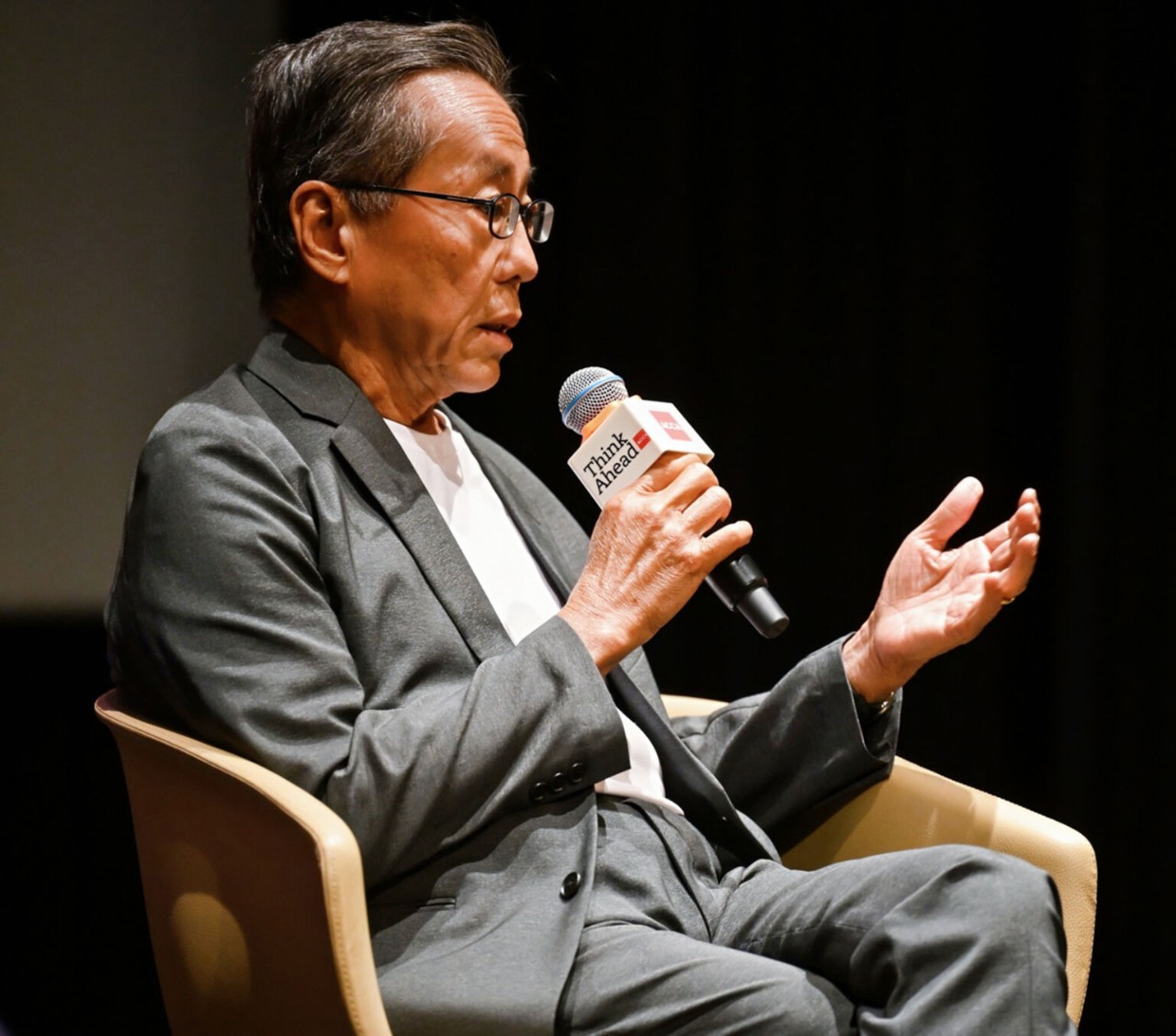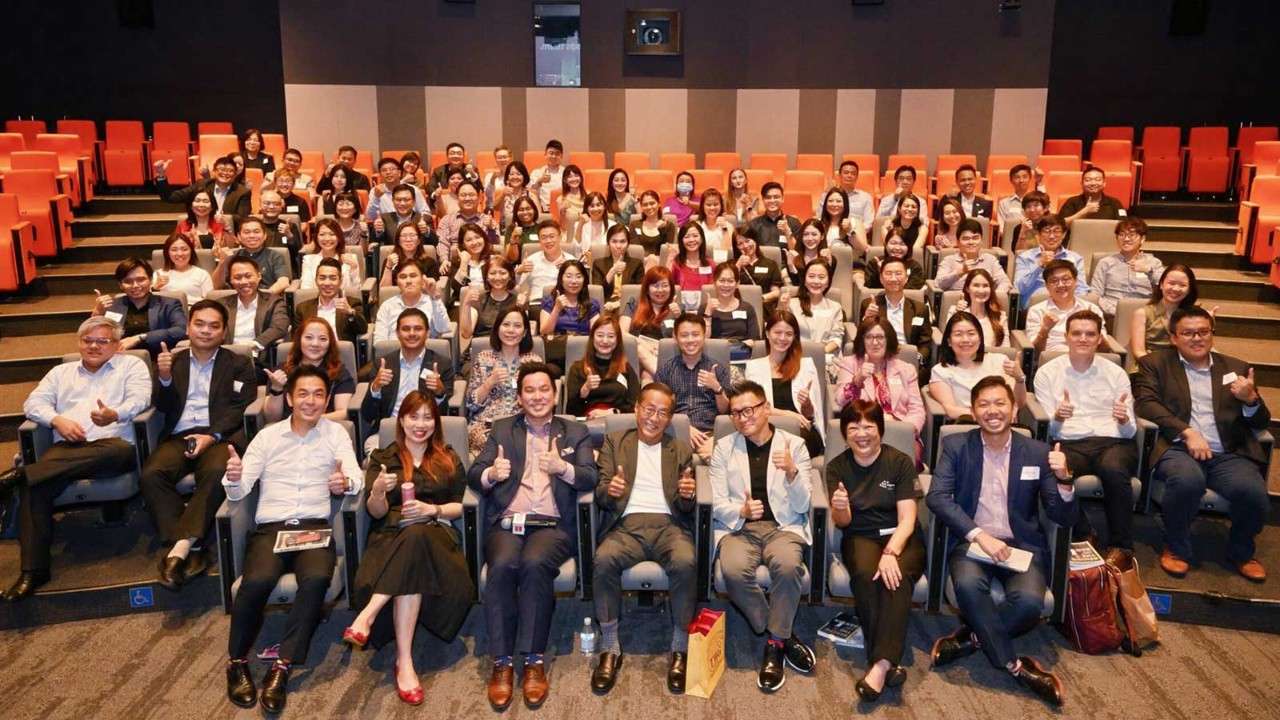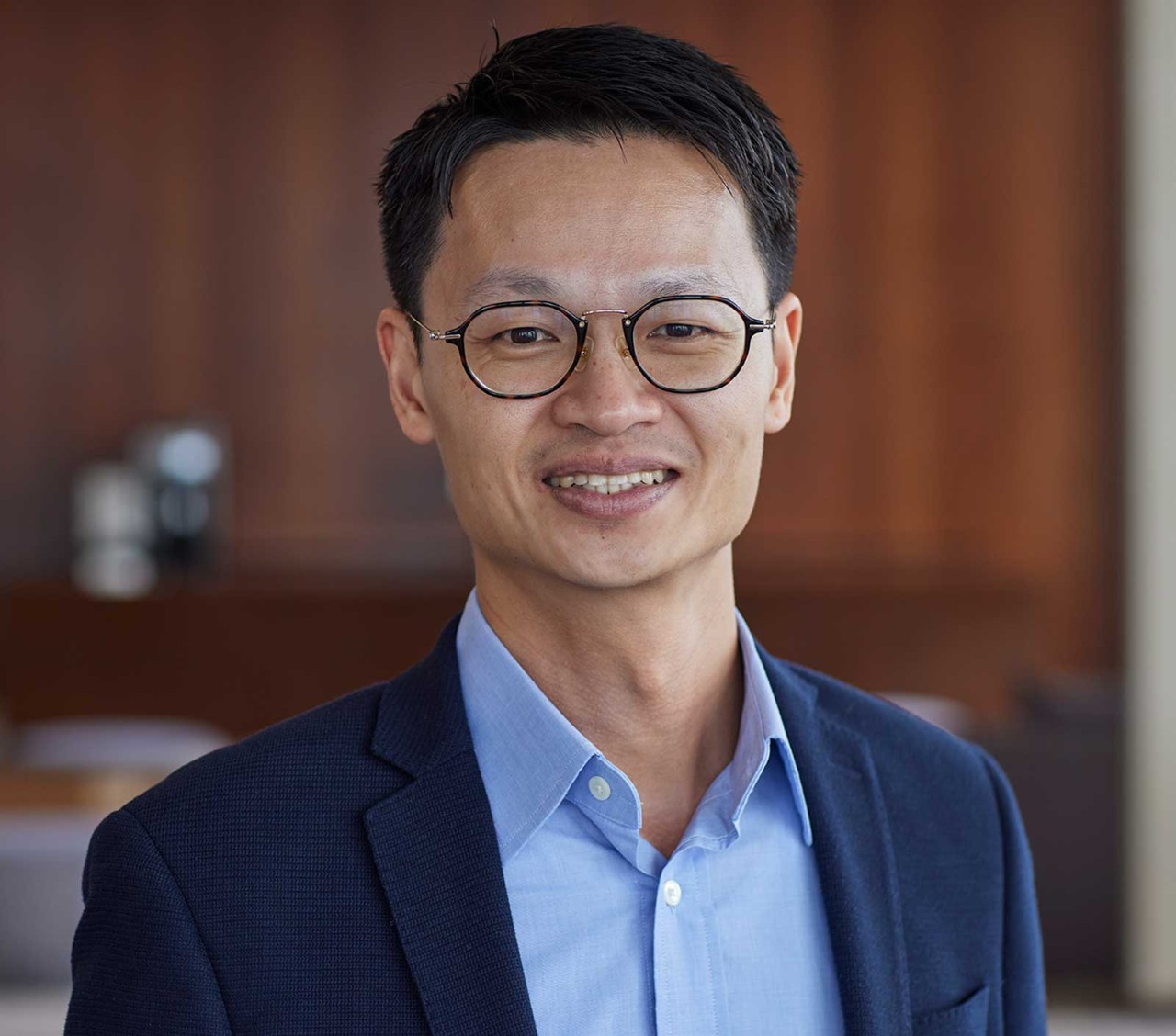
In March, ACCA Singapore held its annual Employers Forum, with the theme of ‘Developing the Talents of Tomorrow’. In attendance were 130 of ACCA’s Approved Employers, partners and guests, who gathered to hear about the latest ACCA updates as well as business and employment trends.
Also present at the event were representatives of NTUC’s e2i, who shared about government grants available to employers, and the charity Junior Achievement, which ACCA has been partnering with to help Singapore’s youth gain valuable workforce-ready skills.
Global footprint
In his introduction, Steve Lee, regional head of employer relations and market development at ACCA, reflected on the organisation’s growing global footprint.
‘There is no doubt that we are among the world’s largest global professional accountancy bodies and that APAC is the fastest growing region in our network,’ he said. ‘But it’s easy to get lost in the numbers and lose sight of the actual members around the world who are working in industry, public practice, financial services, governments and NGOs, and even volunteering their time out of work.’
‘Every day, ACCA members lead the profession by creating opportunity for others’
Giving back
Lee showcased several ACCA members in action, including two Singaporeans, Belinda Young and Lim Tze Chern, who were both active volunteers at Ronald McDonald House Charities (RHMC) Singapore.
Said Lee: ‘On top of running her own firm, [Centrecourt Group, from which she recently retired], Belinda serves as a member of RHMC’s board, while Tze Chern, an executive director at Nomura Singapore, serves as the charity’s treasurer. Both are busy professionals who give their time outside of work to support RHMC in improving the health and well-being of sick children.
‘The critical part about branding is linking back to emotions’
‘These examples represent the core values that ACCA members embody: inclusion, integrity and innovation. Every day, ACCA members around the world lead the global accountancy profession by creating opportunity for others.’
Turning the focus to how ACCA is helping to create opportunities, Calvin Wong, business development manager at ACCA Singapore, laid out ACCA’s three-pronged approach for helping employers recruit, develop and nurture talent.
‘Many of the Approved Employers here are already recruiting through our ACCA Careers platform,’ he said. ‘But you can also benefit from our ACCA qualification and continuous learning offerings, as well as our networking and knowledge-sharing sessions, to equip your people with the necessary skills and expertise.’
Building a brand
A highlight of the event was a fireside chat between Ho Kwon Ping, founder and executive chairman of hospitality group Banyan Tree Holdings, and Daniel Leung, country manager at ACCA Singapore. The segment covered excerpts from a recently released book about Ho, Behind the Banyan, as well as his advice for tackling some of today’s business challenges.
Relating to his own experience in working to build the ACCA brand as a ‘platform for opportunity’ and a ‘super-connector’, Leung asked Ho about his strategy for turning Banyan Tree into a name synonymous with luxury, comfort and prestige, and whether artificial intelligence (AI) would significantly change how branding activities were carried out.
‘Technology is only an enabler of what you have underneath’

‘The critical part about branding is linking back to emotions,’ Ho said, referring to ACCA’s efforts. ‘It’s good that you don’t spend too much time only talking about your accreditations, because statistics and competencies don’t really move the needle in making people recognise the emotions behind the brand. It’s really about the people behind [the brand], like what you’ve shown today.’
Moving on to address the impact of technology and AI on branding, Ho said: ‘Technology is only an enabler of what you have underneath. AI might transform the world of advertising and digital media, but it does not change your brand’s fundamentals. It’s important not to be too dazzled by the latest technologies that you lose sight of the brand values that will last beyond any technological change.’
Leadership development
In line with the event’s theme of nurturing talent, Leung also asked Ho for his thoughts about whether leadership was something that could be taught.
Ho’s reply was that the age-old debate about ‘nature versus nurture’ was very much a false dichotomy. ‘I don’t think leaders have to be one or the other. There are aspects of leadership which might be inherent in a person, and at the same time, there are obviously skills of leadership that can be trained,’ he said.
‘I think a more important question should be: “What is the key attribute required of a good leader?” To me, that is defined by the intellectual curiosity to think beyond what people tell you, and to ask “why”. That is thought leadership and the source of all other leadership. The second part of leadership is action leadership, which involves learning leadership techniques to mobilise people to follow the thoughts that you have. I think when you combine the two, that’s true leadership.’
Family focus
Another topic that Leung brought up was about the challenges of family businesses, noting Ho’s three-decade experience of running Banyan Tree with his wife, Claire Chiang, as well as Thai Wah Public Company, founded by his father and currently being helmed by his elder son.
‘Accountants can really help to create greater stability and agility for family businesses’

Ho shared that a key challenge of family businesses was family conflicts, which often led to business empires collapsing. Using the example of succession, Ho said: ‘Often, issues will arise, such as the inability of parents to understand the aspirations of children, or divisions that surface between family members once parents have passed.’
He went on to state that, however, such businesses, if managed well, could offer a lot of emotional satisfaction within the family. ‘Objectively, they also provide much longer term staff strategy, stability and profitability, as compared to the quarterly earnings focus of large MNCs today.’
When further quizzed upon what he thought could help improve the odds of a family business succeeding, Ho suggested that it was an area of opportunity for ACCA members and accounting professionals to consider.
‘I think that dispassionate accountants, with a very strong accounting background, and who at the same time have the empathy to understand the dynamics of a dysfunctional family business, can really help to create greater stability and agility for family businesses.’


